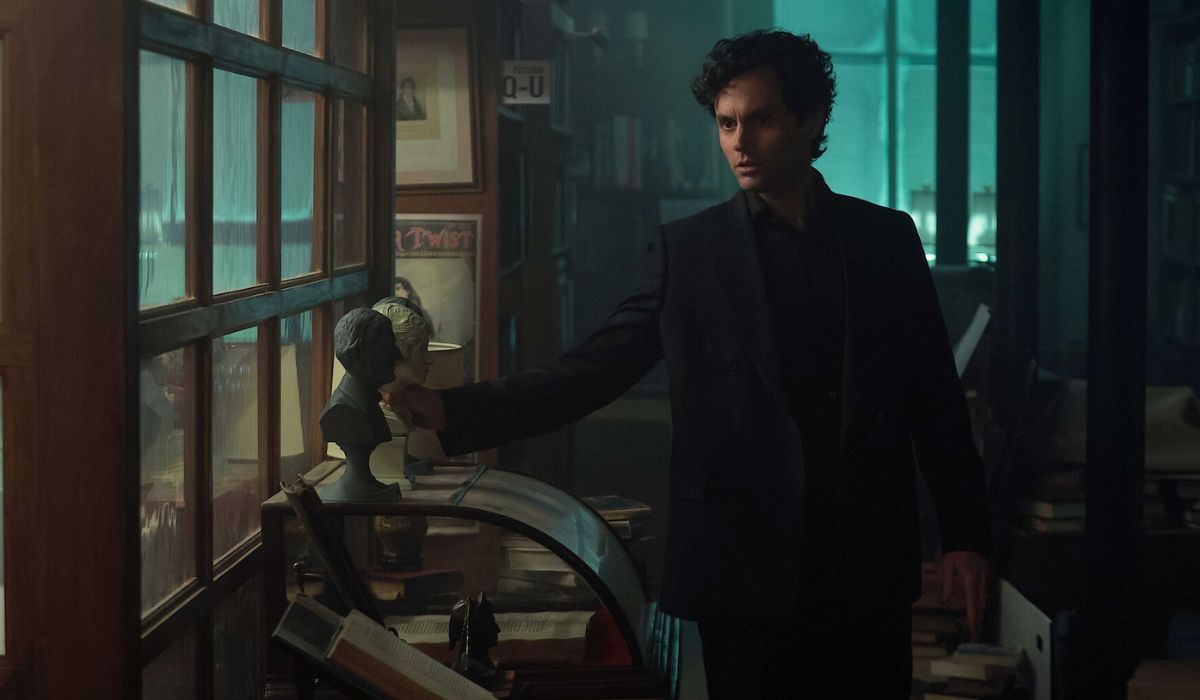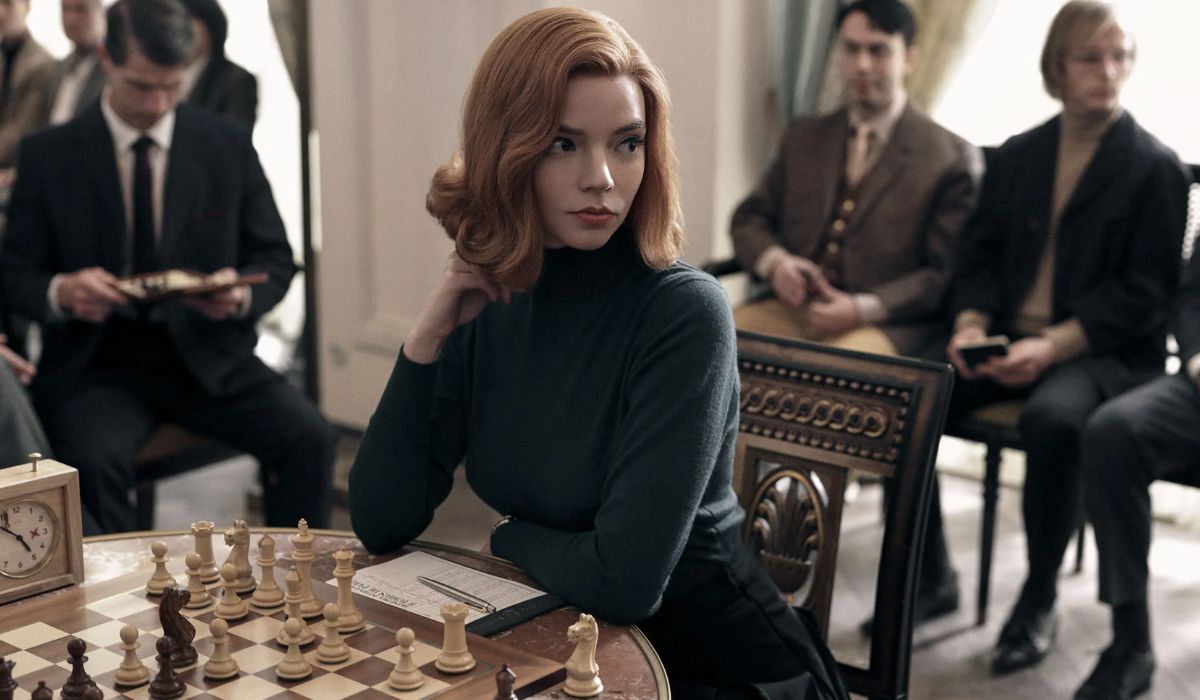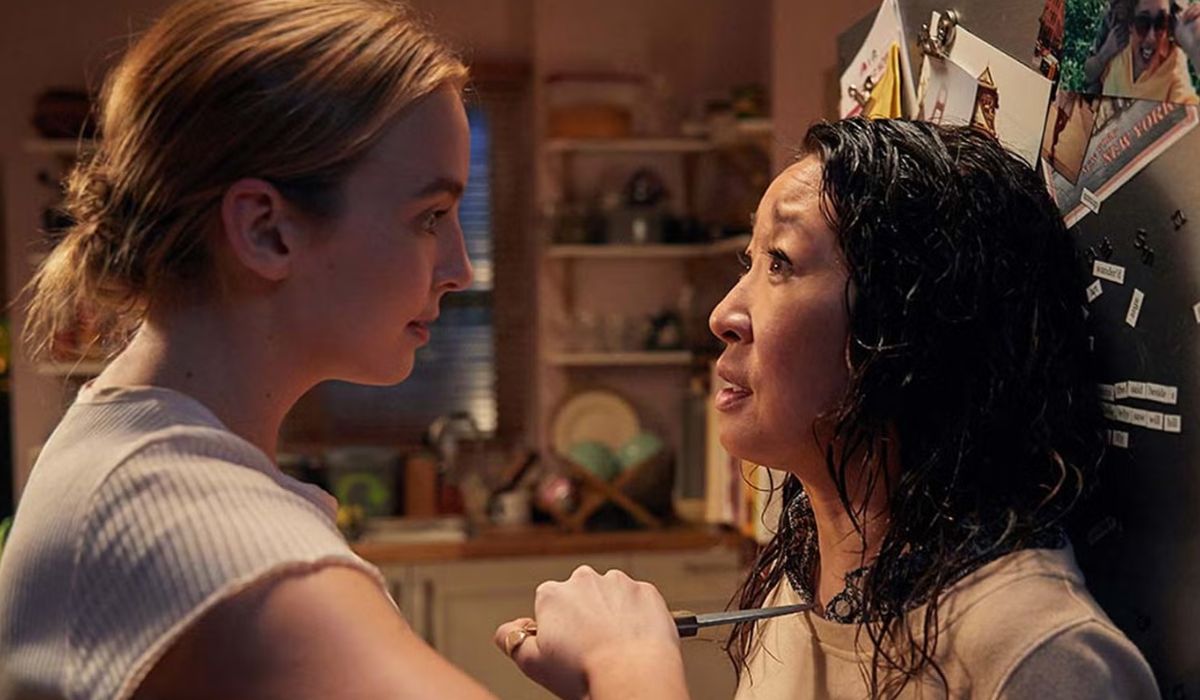
It’s likely that you’ve immersed yourself in several TV shows, discussed their unexpected turns with friends or online, and maybe didn’t realize it – but these shows often stem from books! Nowadays, the entertainment industry tends to focus on sequels, remakes, and live-action adaptations. However, converting books into shows is also a strategic move to captivate audiences. Here’s the twist: sometimes, the connection between the book and the show isn’t as apparent as you might think. Many popular series appear to be original creations, but they aren’t always. In some cases, the show strays so far from the book that viewers don’t even recognize the link.
10 Popular TV Shows You Might Not Know Were Originally Books
Either the books weren’t widely recognized before they were adapted or the series became incredibly popular and eclipsed their origins, here are ten successful television shows that you may not have known were based on books.
1) Dexter

Few television series have left such a profound mark on popular culture as Dexter, yet many viewers are unaware it was initially a collection of books by Jeff Lindsay. The adaptation skillfully captured Dexter’s dark and intricate personality, a rare layered antihero gracing our screens. The premise of a serial killer adhering to his own moral compass is captivating, and the show delved deep into this theme, particularly in its early seasons, creating an atmosphere filled with detail and tension.
What’s intriguing about the adaptation is how it effectively brought Dexter’s inner monologue to life without making it appear pretentious or contrived. To give you a sense, the spin-offs demonstrated that Dexter remains relevant even after many years – a testament to the success of this adaptation story.
2) You

Despite being widely recognized as a series, many people may not know that “You” is actually derived from a book by Caroline Kepnes. The show masterfully transforms the stalker character Joe Goldberg (played by Penn Badgley) into almost an alluring figure, which is quite an impressive narrative feat – it delves deep into our peculiar fascination with toxic and obsessive narratives. The series skillfully balances repulsion and intrigue, achieving success for both the adaptation and the original material. It’s a story that thrives exceptionally on screen, not just due to social media and exposure culture, but because its narrative structure aligns better with television than print. Furthermore, “You” excels at developing secondary characters and maintaining tension through a suspenseful pace that makes it highly addictive for binge-watching.
3) Outlander

Unassumingly popular with a devoted audience, “Outlander” is another series that some might not know is adapted from books by Diana Gabaldon. What sets it apart, however, is its remarkable adherence to the author’s original work. The storyline seamlessly combines historical events, romance, and science fiction in a way that feels organic and authentic (a feat not easily accomplished). Yet, the chemistry between Claire (played by Caitríona Balfe) and Jamie (Sam Heughan) elevates the series to new heights. Furthermore, the show excels at expanding and intensifying certain aspects of the books, making the conflicts resonate deeply with viewers as if they were happening in the present moment. In essence, “Outlander” is a compelling demonstration of how faithful adaptation can lead to a captivating television series.
4) The Witcher

The show and game titled “The Witcher,” while now highly popular, may surprise some fans as they originated from the books penned by Andrzej Sapkowski. One of its strengths lies in simplifying a dense, intricate world without sacrificing Geralt’s (Henry Cavill) depth, who transcends the typical monster hunter stereotype. Essentially, the adaptation successfully combines action and drama, sometimes navigating its non-linear narrative with some stumbles, yet this approach attracts viewers unaware of the books. In summary, “The Witcher” is an intriguing example of how a relatively unknown book series can achieve global fame through television, hence the numerous spinoffs it has generated.
5) The Haunting of Hill House

If there’s anyone skilled at transforming books into gripping screen adaptations, it’s Mike Flanagan, and indeed, “The Haunting of Hill House” is based on a book by Shirley Jackson. This acclaimed series stood out by effectively using horror as a means to delve into family and psychological trauma in a fresh and compelling way, steering clear of common jump scares and genre stereotypes. By skillfully mining the intricate narrative and expanding the story’s universe, it offers a deep exploration of the relationships within the Crain family. “The Haunting of Hill House” is a daring exploration of horror, precisely because it wasn’t afraid to push boundaries in a way that resonates with audiences, all while staying true to its source material. Furthermore, it ranks among the best modern horror stories.
6) The 100

For those who are fans of “The 100”, they recognize it as a science fiction television series. However, there’s another lesser-known fact: this show is adapted from books originally penned by Kass Morgan. The TV adaptation chose to deviate more extensively, both expanding the universe and introducing new characters and plotlines not found in the books. This was a risk, but given that the source material wasn’t widely known globally and the show garnered a large audience, it paid off. The narrative evolved to become richer and better suited for television. While the books primarily focus on survival and politics, the show delves deeply into ethical and moral dilemmas. Despite these changes, the core post-apocalyptic storyline of “The 100” remained, which is what made it a success.
7) True Blood

True Blood, a popular TV show, significantly contributed to the resurgence of vampires in modern television. However, connecting the series directly to Charlaine Harris’ books upon which it’s based can be challenging. The show uses the books as a foundation, but it primarily aims to broaden the universe by introducing new characters and storylines, thus adding depth and intrigue to the drama and suspense (making the show multi-dimensional). The creators also intended to give the series a distinct southern atmosphere, blending horror with social and cultural themes. This unique blend was a significant factor in True Blood‘s success when it debuted, as it developed its own rhythm and identity.
8) The Queen’s Gambit

These days, it’s rare to discover a series, particularly a miniseries, that generates such widespread excitement due to its genuine quality. This was certainly true for The Queen’s Gambit, adapted from Walter Tevis’ novel. The success of the show is not solely attributable to its production but equally to the book itself. The adaptation has revitalized interest in chess and spotlighted a strong female protagonist navigating a predominantly male environment. The series’ success lies in its skillful balance between technical precision and emotional depth, making its portrayal of addiction, isolation, and ambition feel both relevant and eternal. Remarkably, The Queen’s Gambit transformed a relatively obscure book into a captivating phenomenon for a wide audience.
9) Killing Eve

In no time at all, the television series “Killing Eve” amassed a devoted following, yet it’s often overlooked that the show is an adaptation of books. A collection of novellas by Luke Jennings delves into the intricate bond between MI5 agent Eve Polastri (played by Sandra Oh) and assassin Villanelle (portrayed by Jodie Comer). This captivating narrative skillfully blends suspense with dark wit.
While the show diverges from the source material in certain aspects, it significantly deepens the psychological nuances of the characters, making it a riveting watch. It maintains the taut tension and cat-and-mouse game present in the books, but enriches these elements with emotional and feminine dimensions seldom encountered in thrillers. This unique blend is what sets “Killing Eve” apart. The series has since set a benchmark for adapting literature while preserving its essence.
10) House of Cards

The groundbreaking political drama “House of Cards,” which revolutionized streaming television, is often overlooked as an adaptation from Michael Dobbs’ novel. Originally set in the British political landscape, the series creatively transposed the narrative to American politics, preserving key themes such as ambition, manipulation, and deceit. This clever move resonates with current U.S. politics, enhancing the show’s appeal. The show’s success lies in its ability to adapt rather than simply replicate the plot, instead, it metamorphosed it to address a contemporary, global audience. Kevin Spacey’s portrayal of Frank Underwood cemented his status as an iconic character, and the series maintained tension and political commentary even after significant cast changes. “House of Cards” demonstrated that reinventing a story can be achieved subtly without resorting to abrupt transformations.
Read More
- Best Controller Settings for ARC Raiders
- Gold Rate Forecast
- Survivor’s Colby Donaldson Admits He Almost Backed Out of Season 50
- Where Winds Meet: How To Defeat Shadow Puppeteer (Boss Guide)
- How to Get the Bloodfeather Set in Enshrouded
- Meet the cast of Mighty Nein: Every Critical Role character explained
- How to Build a Waterfall in Enshrouded
- Uncovering Hidden Order: AI Spots Phase Transitions in Complex Systems
- 3 PS1 Horror Games That Were Scarier Than Resident Evil
- 23 Years Later, Matthew McConaughey Reveals His Worst On-Set Injury Was From a Forgotten Sci-fi Flop
2025-07-15 00:13